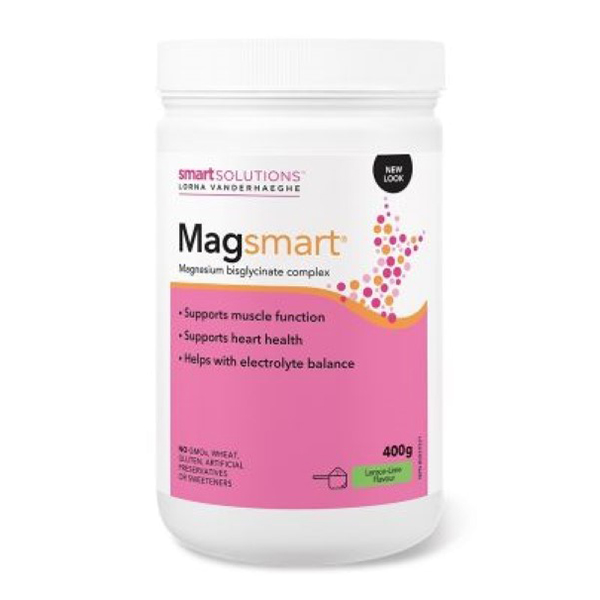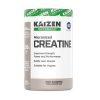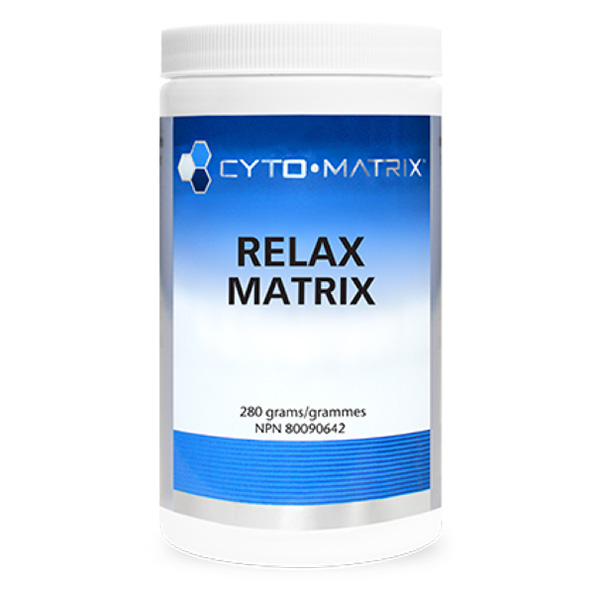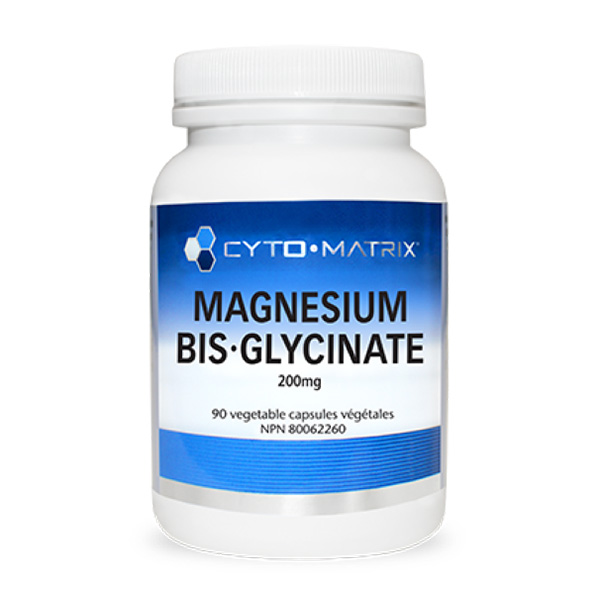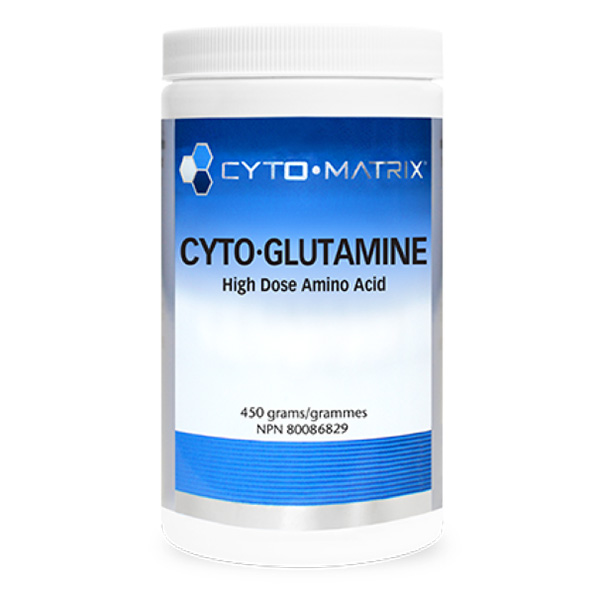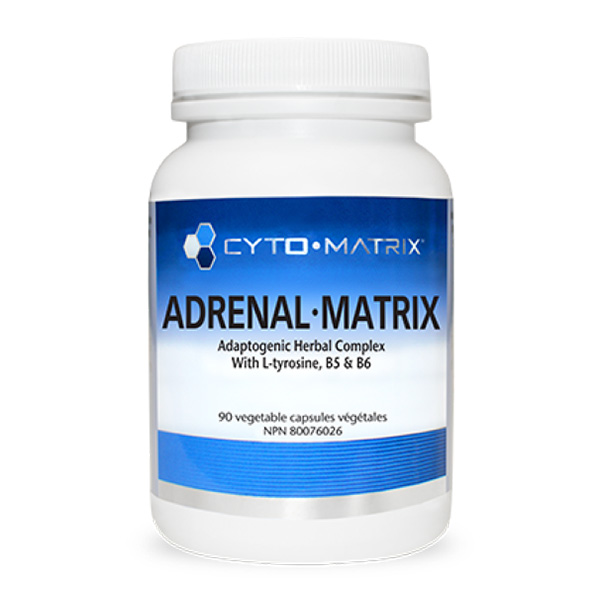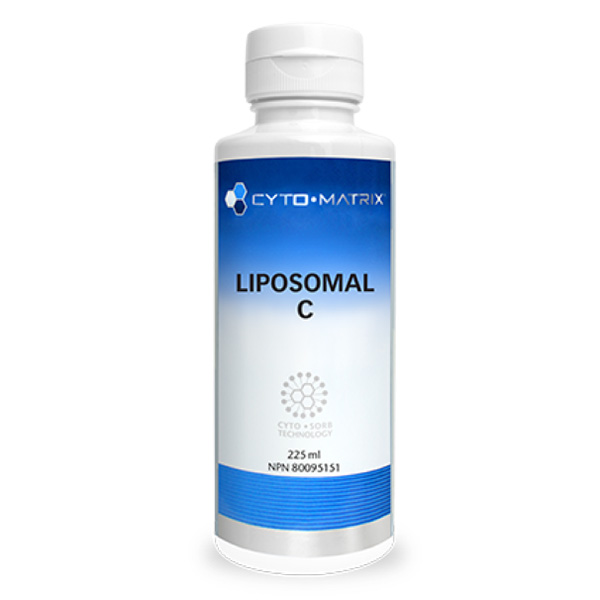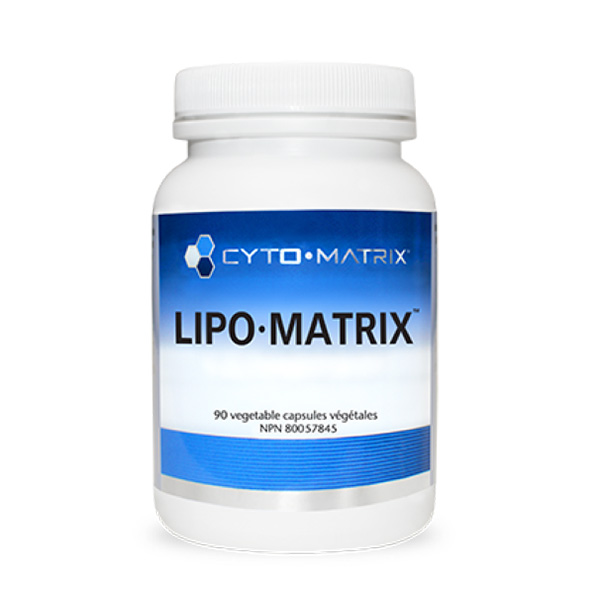Lorna – Magsmart Lemon Lime 400g
$38.99
- No Contain Irradiated Rice Flour
- No Artificial preservatives
- Colors Or Sugar Free
- NON-GMO
- Dairy Free
- Gluten Free
- Soy Free
- Wheat Or Yeast Free
- Vegan-Friendly
- May Helps you sleep
- May Supports the heart, nervous system and cellular energy
- May Relieves muscle cramps, twitching eyelids, restless legs
- May Calms irregular heartbeat
- May Reduces the pain of fibromyalgia, PMS, endometriosis
- May Reduces high blood pressure
- May Reduces duration and frequency of migraines
- For anxiety and depression
- For mood
- For ADHD
Magsmart Lemon Lime
- No Contain Irradiated Rice Flour
- No Artificial preservatives
- Colors Or Sugar Free
- NON-GMO
- Dairy Free
- Gluten Free
- Soy Free
- Wheat Or Yeast Free
- Vegan-Friendly
- May Helps you sleep
- May Supports the heart, nervous system and cellular energy
- May Relieves muscle cramps, twitching eyelids, restless legs
- May Calms irregular heartbeat
- May Reduces the pain of fibromyalgia, PMS, endometriosis
- May Reduces high blood pressure
- May Reduces duration and frequency of migraines
- For anxiety and depression
- For mood
- For ADHD
Magnesium is an abundant mineral in the body that is needed for more than 300 enzymatic reactions in the body. It is necessary for many organs and tissues to function properly. Eighty percent of Canadians are deficient in this important mineral. Deficiency has been implicated in cardiovascular disease, behavioral problems, diabetes, chronic fatigue, migraine headaches, muscular complaints, osteoporosis and PMS. We cannot get our daily requirement from food.
Cardiovascular Disease
Epidemiologic studies have linked low magnesium and the increased frequency of heart disease and cardiovascular deaths. High blood pressure is associated with low magnesium levels and simply adding magnesium will aid normalization of blood pressure, especially in women.
Behavioural Problems
Magnesium deficiency occurs more frequently in children with attention deficit hyperactivity disorder (ADHD) than in healthy children. Studies show that magnesium supplementation reduces ADHD symptoms in children. In one such study, a combination of magnesium and vitamin B6 was shown to reduce symptoms such as physical aggressiveness, instability, and poor attention at school in all study participants (52 children) after one to six months of treatment. Magnesium, together with vitamin B6, may also be beneficial for autistic persons.
Diabetes/Metabolic Syndrome
Magnesium plays a major role in the action of insulin. Magnesium supplements improve insulin response and glucose tolerance.
Headaches/Migraine
Headaches due to muscle tension are associated with low magnesium. To evaluate the effects of supplemental magnesium, 81 patients with migraines (average attack frequency 3.6 per month) were given magnesium glycinate or placebo for 12 weeks. By weeks nine to 12, the attack frequency was reduced by 42 percent in the magnesium group compared to 16 percent in the placebo group.
Muscular Complaints
All muscles need magnesium to relax. A deficiency in magnesium increases muscle tension, muscle cramps, tics, restless leg syndrome, night muscle spasms and twitches.
Osteoporosis
Research indicates that magnesium is as important as calcium in the prevention and treatment of osteoporosis. Magnesium improves the action of cells that build bone and reduces the action of cells that break down bone.
Premenstrual Syndrome (PMS)
Several studies show magnesium is essential for the management of PMS (weight gain, swelling, breast tenderness, and abdominal bloating) and PMS-related mood changes. Women on the birth control pill or hormone replacement therapy also become deficient in magnesium as the drugs deplete magnesium.

